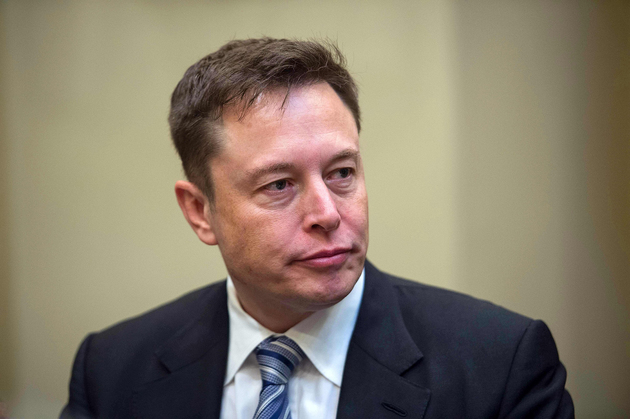
Photo/VCG
In a surprising turn of events, Elon Musk has withdrawn his lawsuit against OpenAI and its co-founders Sam Altman and Greg Brockman, which he had filed in the California state court. The lawsuit, initiated on February 29th, was based on allegations of breach of contract and a deviation from OpenAI's original mission to develop technology for the benefit of humanity rather than profit. Musk had argued that OpenAI's recent partnership with Microsoft and the closed nature of its GPT-4 model contradicted the company's founding principles of public and open-source artificial general intelligence (AGI).
The lawsuit also included claims of breach of fiduciary duty and unfair business practices, with Musk demanding that OpenAI revert to open-sourcing its technology. He sought an injunction to prevent OpenAI, its executives, and Microsoft from profiting from the company's AGI technology.
Musk's criticism of OpenAI's direction was highlighted by the fact that the internal details of GPT-4 were known only to OpenAI and Microsoft, suggesting a move towards commercial interests rather than the public good. This decision to withdraw the lawsuit comes after Musk's own AI startup, xAI, announced a successful Series B funding round of $600 million, with investors such as Andreessen Horowitz, Sequoia Capital, and Fidelity Management & Research Company.
xAI, Musk's venture, aims to "explore the true nature of the universe" and has already released a chatbot named Grok, inspired by "The Hitchhiker's Guide to the Galaxy." The chatbot is claimed to have been trained for two months to understand real-time internet knowledge.
The reasons behind Musk's withdrawal of the lawsuit remain unclear, and neither party has yet to comment on the development. This unexpected move has left the tech community speculating about the implications for the future of AI and the ongoing debate between commercial interests and the public good.


 川公网安备 51019002001991号
川公网安备 51019002001991号





